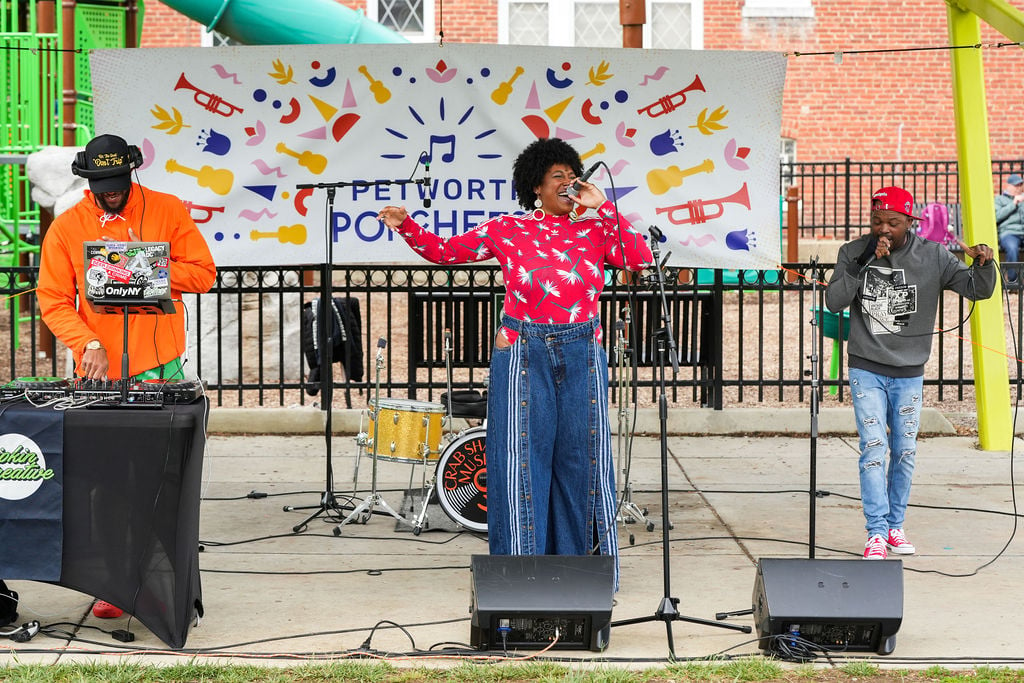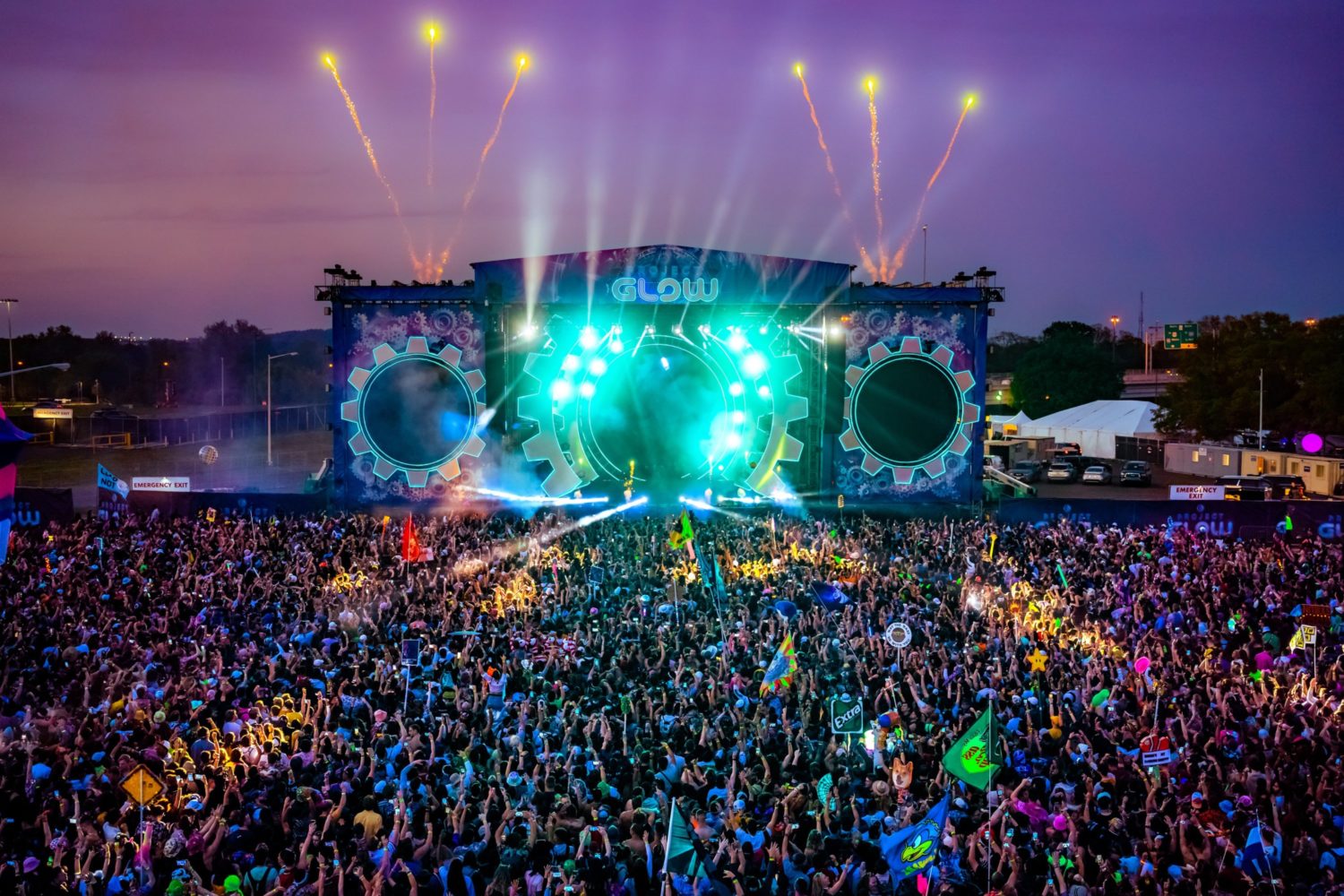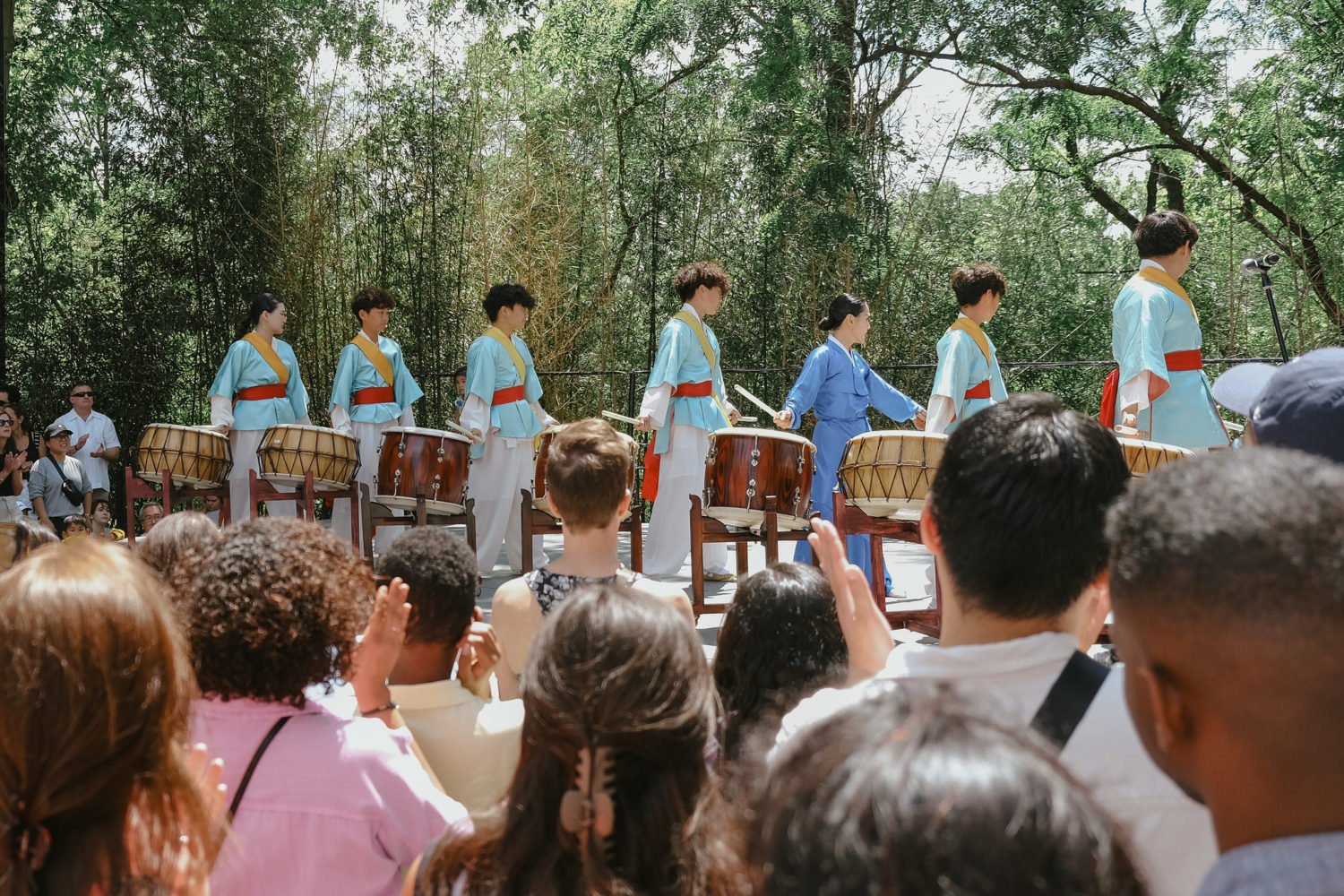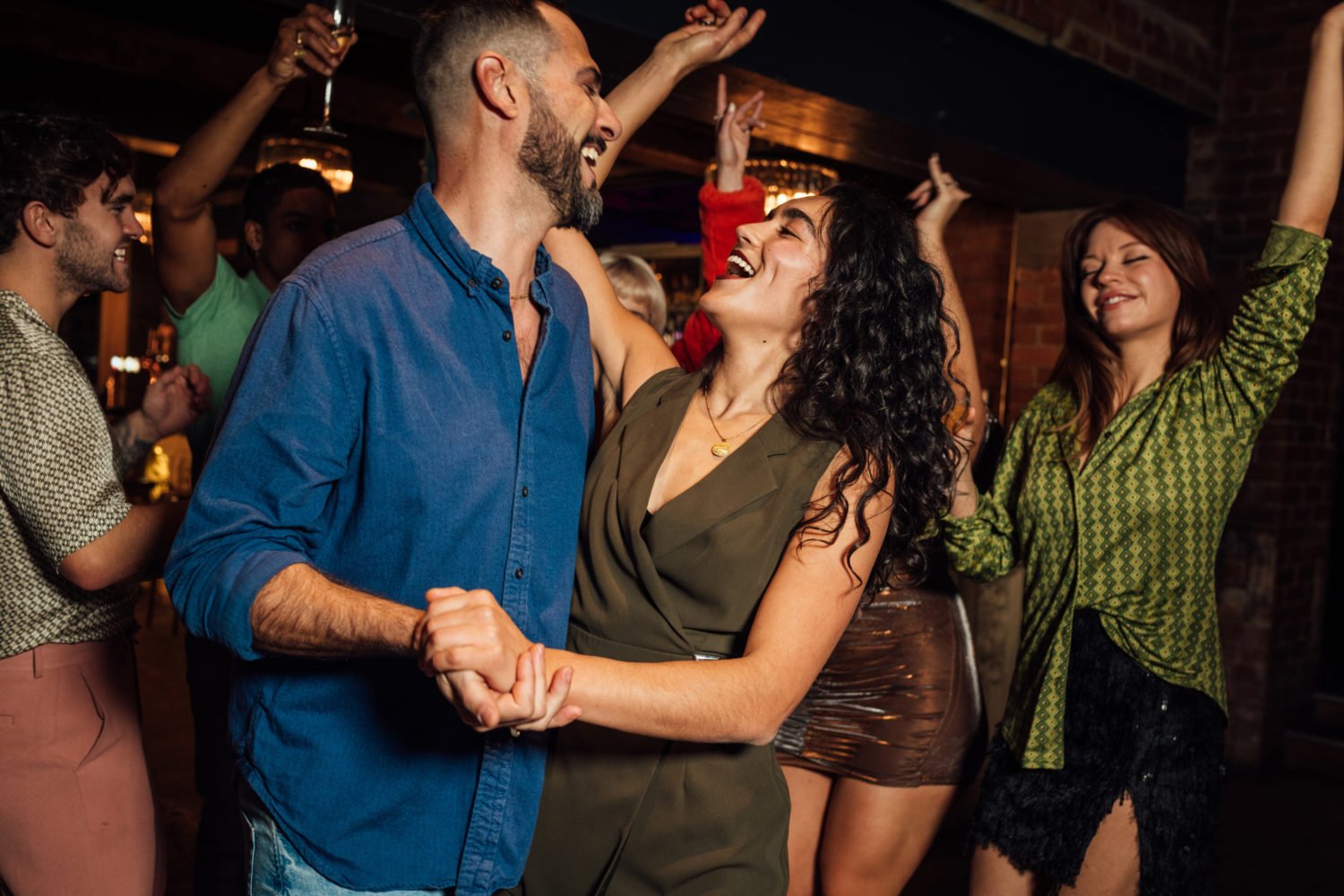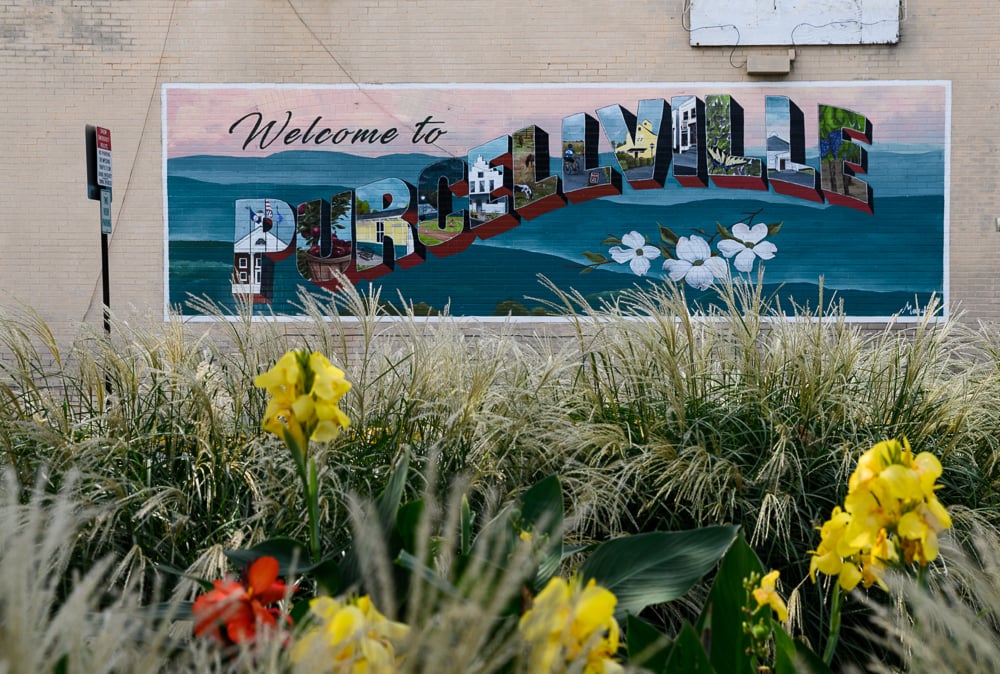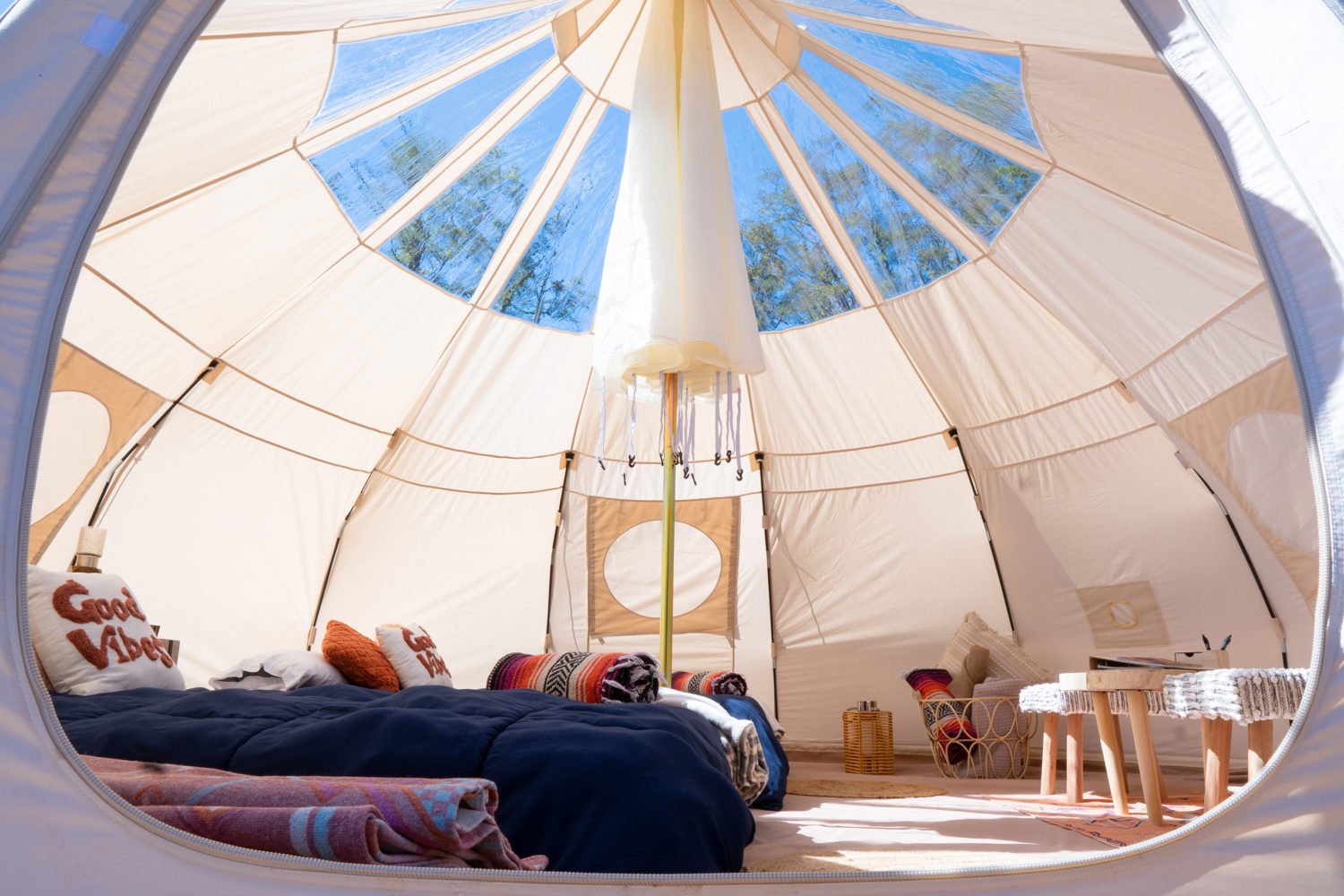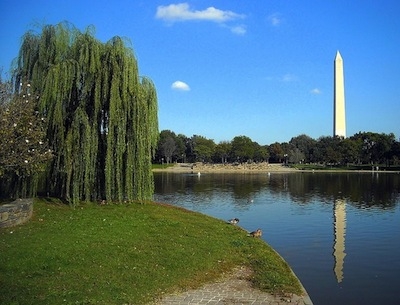
Watching a sunset is a favorite summer activity, letting the palette of pink and orange ooze and flow across the sky as you drift in and out of a snooze. Now imagine watching a sunset with a group of people you have never met, and you are all listening to a new musical work composed to accompany such a sunset. That is exactly what will happen during the performance of a new piece by young Seattle composer Nat Evans, called Assemblage, in Washington next month. Evans will make a download of the recorded score available on his Web site a couple weeks before the event. Anyone interested in participating is instructed to download the music onto a portable listening device before July 24. Listeners should arrive at the site of the “performance,” Constitution Gardens, by 8:10 p.m. on July 24. At ten minutes before sunset (8:17 p.m., with sunset estimated at 8:27 p.m.) there will be a cue to press play, and everyone gathered for the performance will listen to the recording simultaneously.
On the phone earlier this week, Evans explained how he created the recorded score, beginning with live musicians on strings, trombone, and various percussion instruments playing sections of music he wrote. In the final process, he put those tracks together, layering them upon each other and combining them with field recordings of other sounds he made (wind, water, birds, random noises). “I have spent a lot of time observing the pacing of light, and the music is built around that idea of pacing, trying to capture the way that the rhythm of the light changes at sunset. Everyone will hear the music differently, and the subjectivity is the exciting thing because you don’t have a lot of control over how the light will play out.”
“My biggest influence was probably John Cage,” Evans said, referring to the experimental composer known for using noise and chance interactions to create a musical fabric. “For his openness to other variables in creating music, for his willingness to listen to other sounds and the sense of ambiance included in his works,” the sounds surrounding the performance itself. “But like most composers of my generation, I have been influenced by so many different kinds of music, including beyond just the classical music sphere. Terry Riley has been important, and I do like John Luther Adams,” the Alaska composer who is often inspired by landscapes and nature and whom I mentioned as a kindred spirit, “but I have not been particularly influenced by him. If I had to say what my musical style is, I would say West Coast."
Evans adds, “Actually, I hope I do not pigeonhole myself with these pieces, because this sort of site-specific music is not all that similar to my other music."
Evans has undertaken this sort of site-specific individual/collective listening project before, with a performance called Sunrise, September 18th in Seattle last year. (You can listen to an excerpt of that piece, and a few others, on Evans’s Web site). “These pieces timed around the sunrise or sunset come from when I was listening to a lot of Indian music,” Evans said. “In India there are different ragas used at different times of day, which gave me the idea to do something that was based around different times of day. I am a Zen Buddhist, and we sit facing the wall when we meditate, and the light changes on the wall as you are sitting there. I also spend a lot of time outdoors, so I have a natural inclination for observing light change.”
Those who experienced the sunrise piece were generally pleased by it. “People were very receptive,” Evans said. “They liked the idea of joining a spontaneous community that just pops up. You have that feeling in the concert hall, but there are all these rules, so that it can be restrictive.” Evans will not be coming to Washington for the performance, but he will be attending some of the other scheduled performances of the work, in Seattle, Chicago, Indianapolis, and New York. Friends here will give the cue to the listeners at the event to press play, and they helped choose the site of Constitution Gardens, which Evans said he has never seen. After a private test run of the piece at sunset in my back yard, I can say that the experience was a calming half hour or so, accompanying the ten minutes to sunrise and the fading of the light for about 15 minutes after sunset.
Constitution Gardens is the area around the lake to the north of the Reflecting Pool on the National Mall, close to the intersection of Virginia and Constitution avenues and 17th Street, Northwest. It includes the site of the Memorial to the 56 Signers of the Declaration of Independence, on the island in the middle of the lake. “It is surrounded by water, so you are guaranteed a lot of open space,” Evans said. “You may not see the actual sunset there, but the important thing is to see the light changing.”
To take part in this event, download the music to your portable listening device, and show up at Constitution Garden by 8:10 p.m. on July 24.
Subscribe to Washingtonian
Follow Washingtonian on Twitter
More>> After Hours Blog | Arts & Events | Happy Hour Finder | Calendar of Events











